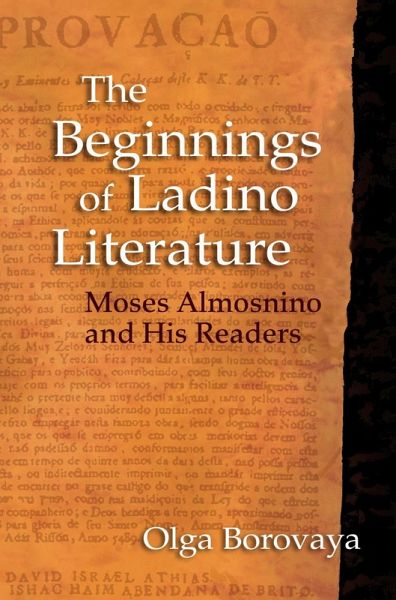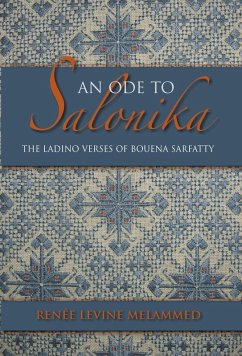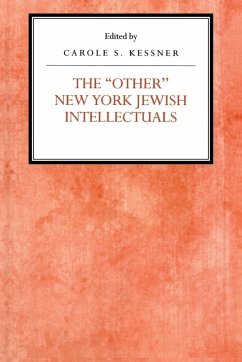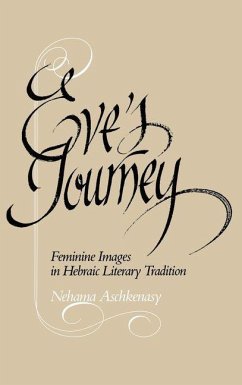
The Beginnings of Ladino Literature (eBook, ePUB)
Moses Almosnino and His Readers
Versandkostenfrei!
Sofort per Download lieferbar
44,95 €
inkl. MwSt.
Weitere Ausgaben:

PAYBACK Punkte
22 °P sammeln!
Moses Almosnino (1518-1580), arguably the most famous Ottoman Sephardi writer and the only one who was known in Europe to both Jews and Christians, became renowned for his vernacular books that were admired by Ladino readers across many generations. While Almosnino's works were written in a style similar to contemporaneous Castilian, Olga Borovaya makes a strong argument for including them in the corpus of Ladino (Judeo-Spanish) literature. Borovaya suggests that the history of Ladino literature begins at least 200 years earlier than previously believed and that Ladino, like most other languag...
Moses Almosnino (1518-1580), arguably the most famous Ottoman Sephardi writer and the only one who was known in Europe to both Jews and Christians, became renowned for his vernacular books that were admired by Ladino readers across many generations. While Almosnino's works were written in a style similar to contemporaneous Castilian, Olga Borovaya makes a strong argument for including them in the corpus of Ladino (Judeo-Spanish) literature. Borovaya suggests that the history of Ladino literature begins at least 200 years earlier than previously believed and that Ladino, like most other languages, had more than one functional style. With careful historical work, Borovaya establishes a new framework for thinking about Ladino language and literature and the early history of European print culture.
Dieser Download kann aus rechtlichen Gründen nur mit Rechnungsadresse in A, D ausgeliefert werden.













